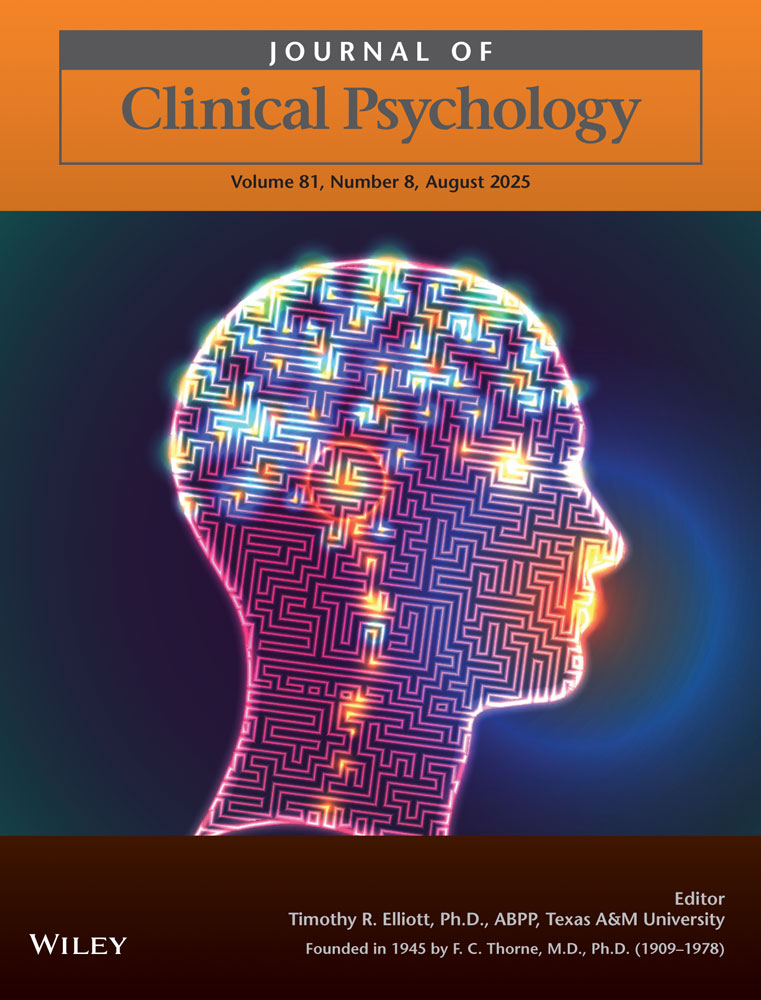A short screening device for identification of cerebral dysfunction in children
Abstract
Many psychologists have been interested in the development of a screening battery for cerebral dysfunction. The purpose of the present study was to identify a short screening battery, drawn from the Halstead-Reitan Battery, that had a high degree of accuracy in differential identification of brain damaged and normal children. Fifty brain-damaged children and 50 controls (age 9-14 years) were identified and subdivided into two groups of 25 children in each category. The data based on the first pair of groups (25 brain-damaged and 25 control children) were processed with a discriminant analysis with linear transformation of the results, and a weighted screening index was developed based on eight measures. This screening index had an accuracy rate of 92% in differentiating the brain-damaged subjects from the controls. The screening index then was applied to the validational groups (25 brain-damaged and 25 normal children), and an 86% accuracy rate was achieved. Computation of the screening index, which requires less than an hour of testing, is illustrated in this paper.




